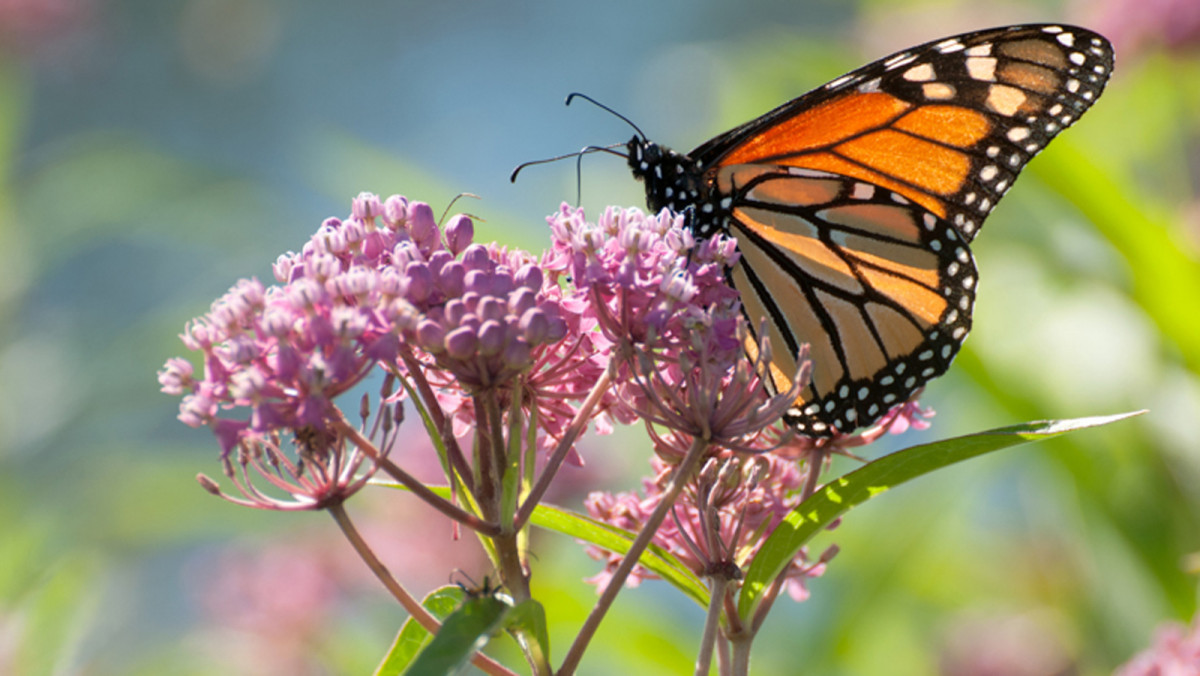
Biodiverse Garden Benefits
Through centuries of humans being overindulgent humans, it’s no wonder that various plants and wildlife species now risk extinction. With growing concern over how to positively alter our evolving climate crisis, many environmentally-conscious Texans have expressed a more active interest in how their landscapes are managed. As a result, biodiverse gardens have gained in popularity. Discover some of our staff picks for how you can personally provide for the needs of pollinators other wildlife through your garden.
What is Biodiversity?
“Biodiversity is all the different kinds of life you’ll find in one area—the variety of animals, plants, fungi, and even microorganisms like bacteria that make up our natural world. Each of these species and organisms works together in ecosystems, like an intricate web, to maintain balance and support life. Biodiversity supports everything in nature that we need to survive: food, clean water, medicine, and shelter.” (worldwildlife.org) A biodiverse garden utilizes a variety of plants that assist in providing for these basic needs.
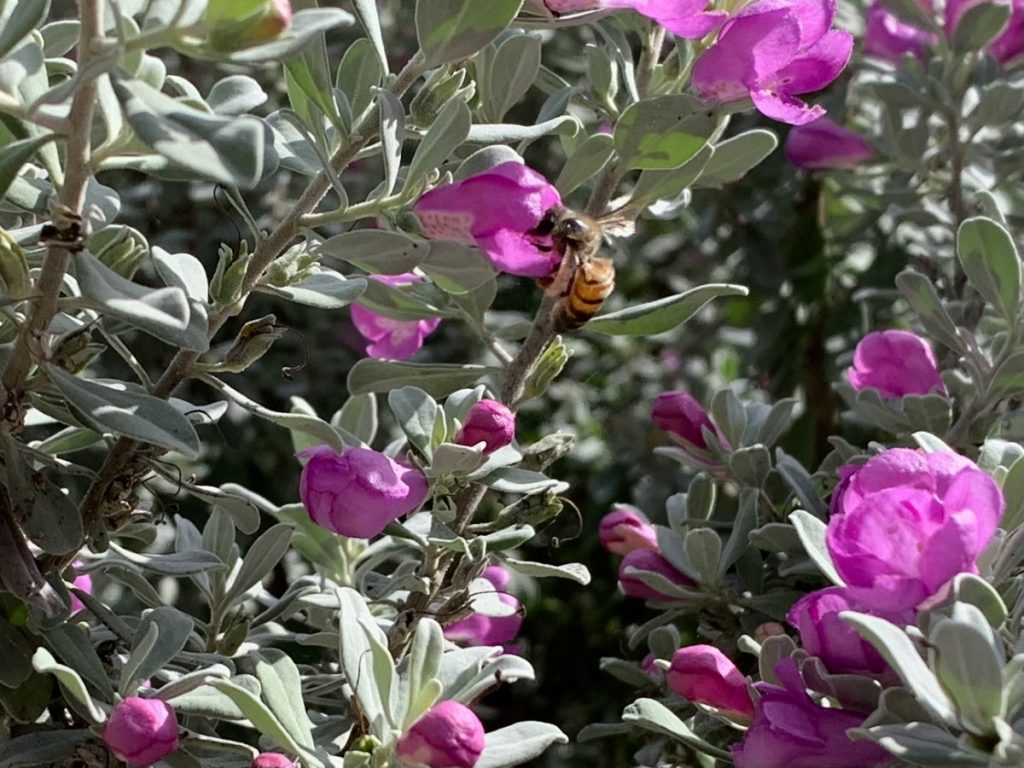
Why are Pollinators Crucial To Native Plants?
One fundamental relationship in our ecosystem is the love affair between native plants and their pollinator suitors. From bees to butterflies, and, beetles, bats, and birds, these winged creatures’ seemingly simple routes from plant to plant are actually a crucial performance. With each stop, they carry pollen to fertilize plants so they can produce fruits, nuts, and berries for consumption and seeds that will eventually grow more plants. According to the folks at the Ladybird Johnson Wildlife Center, 80% of native plant species in Texas require the aid of a pollinator. In fact, one out of every three bites of food we ingest in the United States is courtesy of a pollinator. Wow. So how do we attract more pollinators to our gardens?
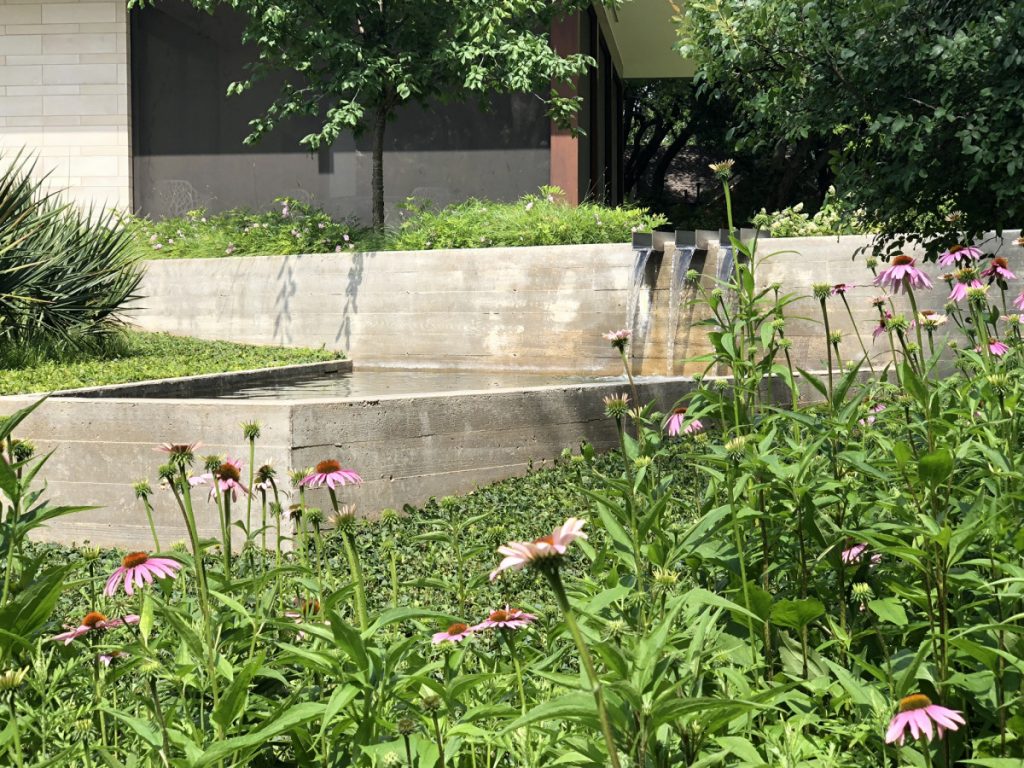
How to Create a Biodiverse Garden
Bonick’s Garden Manager, Stacey recommends being mindful and purposeful in your seasonal color plant selection. Consider wildlife when making choices—the proper plants will provide pollen and nectar sources for bees and butterflies and allow for shelter cover for birds or small animals. Plus, it’s incredibly rewarding!
Pollinator Plant Picks
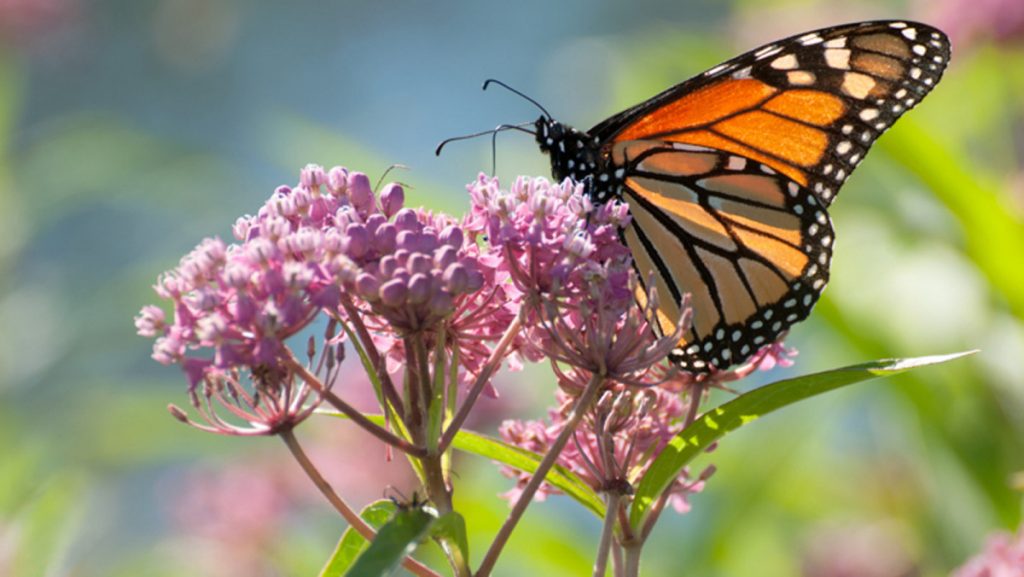
Milkweed
Milkweed is available in native and tropical varieties in an array of brightly colored blooms. This increasingly popular plant is a crucial food source for monarch caterpillars. In fact, it’s so essential to monarch migration that the Save Our Monarchs Foundation sells packets of seeds to encourage creating a natural habitat to save the monarch butterflies “one milkweed at a time.” We recommend planting milkweed in a group so monarchs can readily find them.
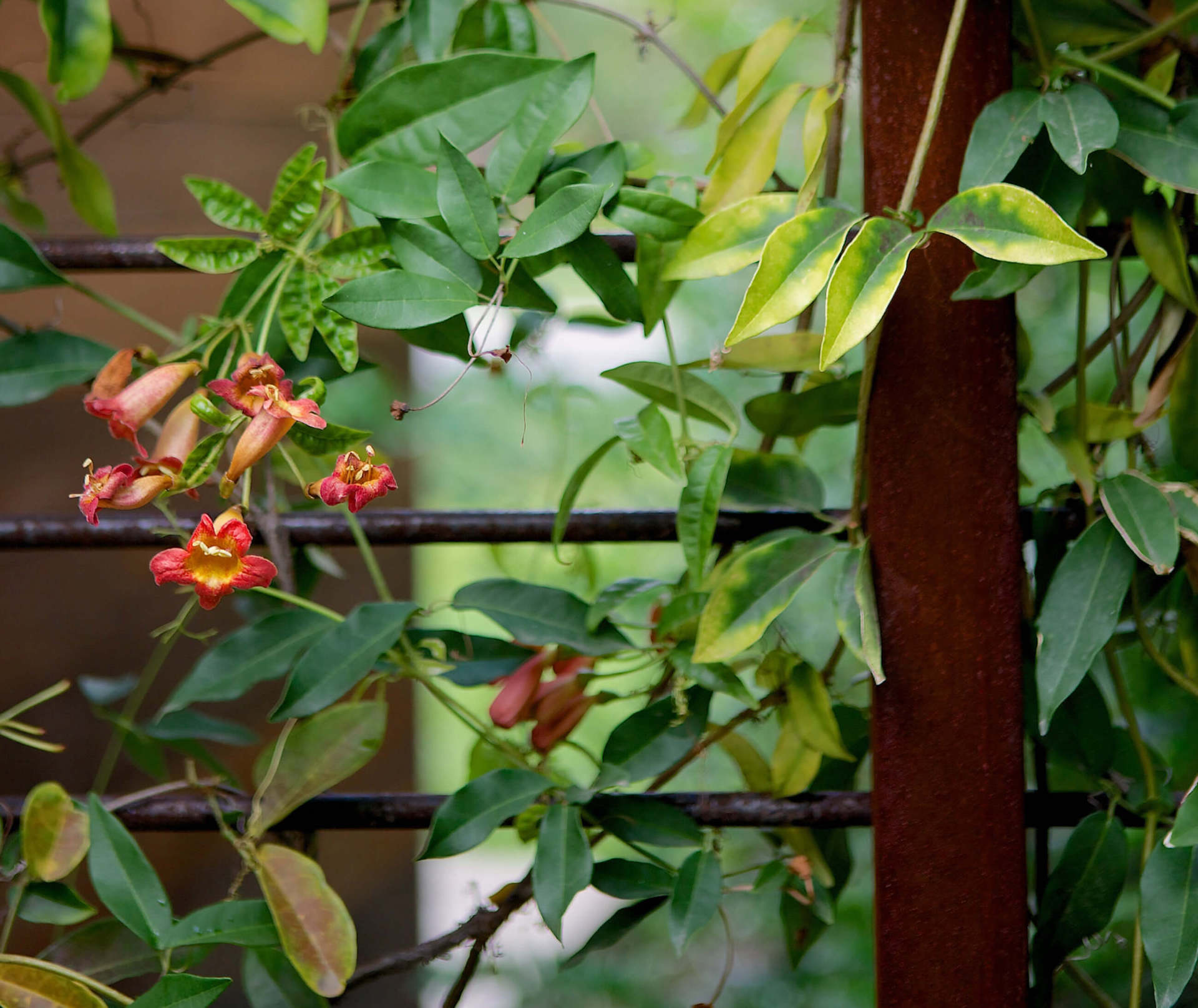
Trumpet Vine
Perennials and annuals with trumpet-shaped blooms attract native bees. We love to utilize these bright orange creepers along a garden trellis or retaining wall.
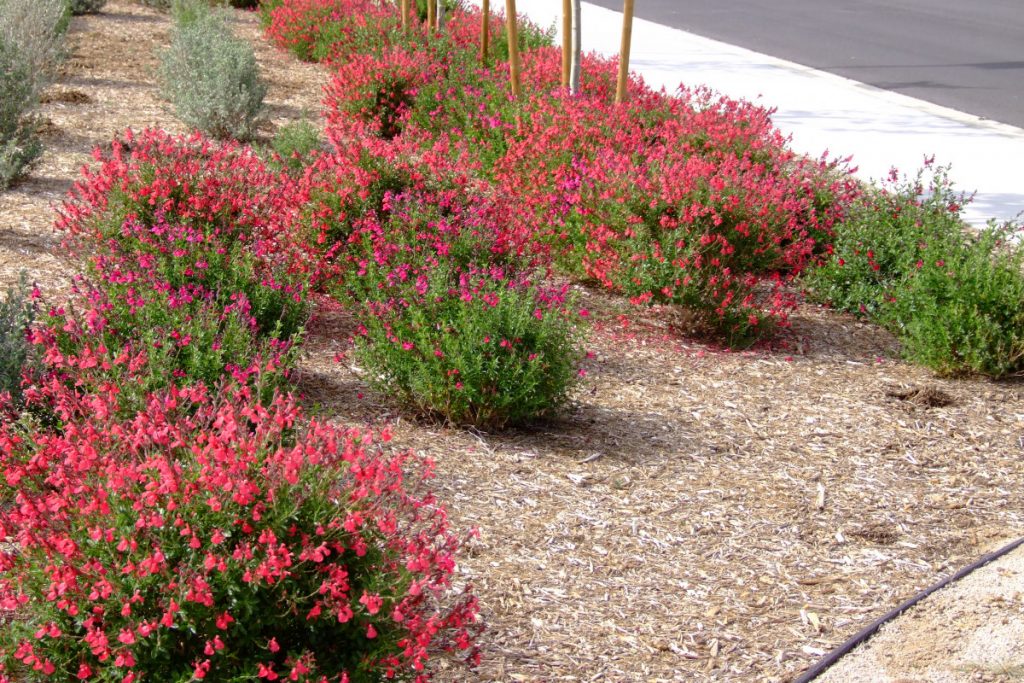
Salvia
Autumn sage and Texas sage are hardy salvia shrubs that thrive in our Texas climate. Their colorful blooms draw the attention of various types of bees, butterflies, and even hummingbirds.
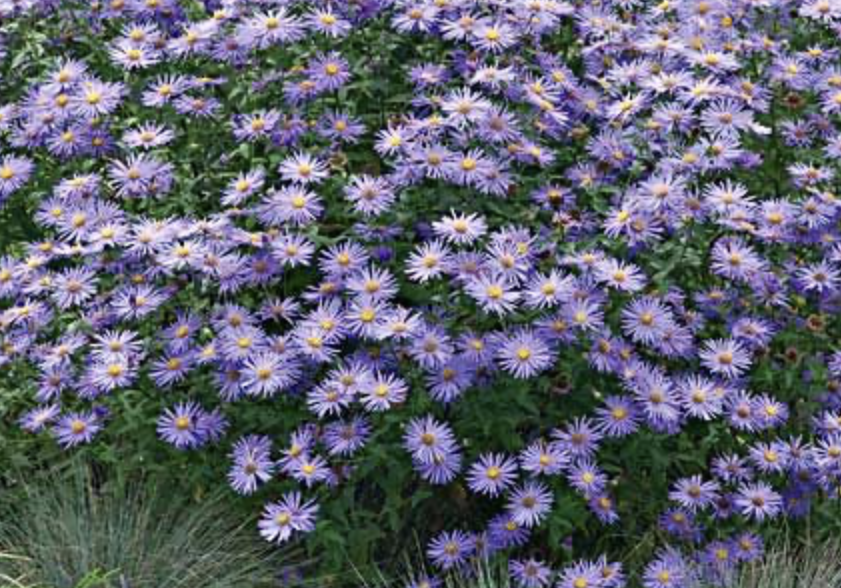
Aster
These lovely, lavender daisy-like plants provide a larval food source and a nectar source for butterflies. “Black-Eyed Susan” varieties can cheer up a garden with their yellow blooms and can be beneficial to bees and birds alike.
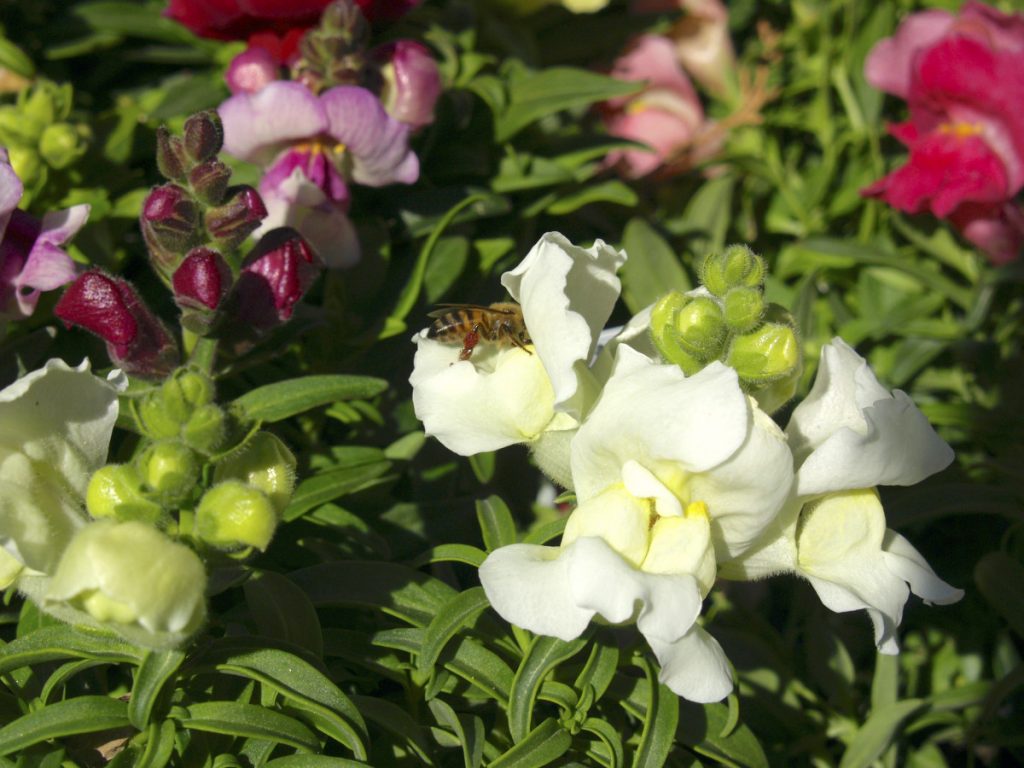
Snapdragons
With their dragon-like “mouths”, these late bloomers are not only a favorite of children, but they allure beneficial insect pollinators all winter long.
Here at Bonick Landscaping, we make an intentional point to adopt sustainable practices and be good stewards of our earth’s resources. Our team would be delighted to design and maintain a biodiverse garden for your home. Contact us today to discuss your pollinator possibilities and be an asset to our planet.
For more resources, visit: